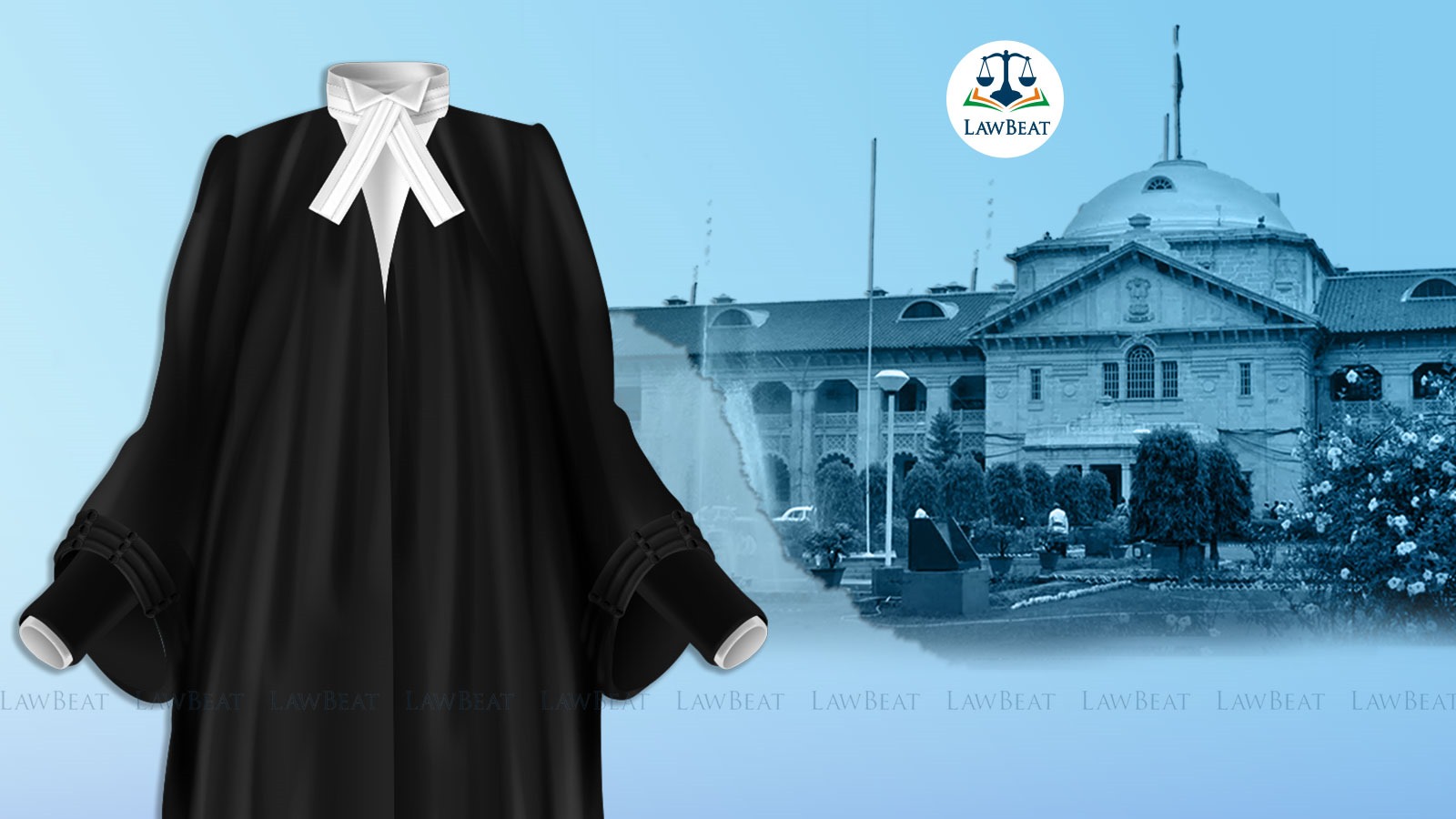Allahabad HC Rejects Plea of Judge Sacked Over Allegations of Dowry and Abuse of Position

The Allahabad High Court recently upheld the dismissal of a judicial officer accused of demanding dowry for his younger brother’s marriage, who was also a judicial magistrate, and attempting to influence a junior judge to interfere in the judicial proceedings against them.
Umesh Kumar Sirohi was appointed to the U.P. Civil Service (Judicial) in 2001 and promoted to the U.P. Higher Judicial Service in 2013. While serving as the Additional District & Sessions Judge in Lalitpur in 2021, he was removed from his position with immediate effect.
In August 2016, the first charge sheet was filed against the judicial officer, stating that he, along with his younger brother Raj Kumar Sirohi, then a Civil Judge (Junior Division)/Judicial Magistrate in Meerut, and other family members, demanded dowry as a condition for his brother's marriage. Part of the dowry was reportedly fulfilled.
It was also stated that he and his brother continued to demand dowry even after the marriage. The pressure was so intense that the brother eventually deserted his wife due to the non-fulfillment of the dowry demands.
The second charge sheet, filed in March 2017, accused the judicial officer of misusing his position as Additional District Judge in Meerut to influence the Additional Chief Judicial Magistrate-V in a personal case. Additionally, he falsely alleged that the then District Judge of Meerut behaved prejudicially towards him, a claim that was disproven by the Vigilance Enquiry Report.
Both the charge sheets led to departmental inquiries which were conducted simultaneously.
In December 2020, the high court deliberated on the issue and resolved to inflict a significant penalty, leading to the immediate removal of the judicial officer from service. Subsequently, the State government approved this decision.
Contesting the removal, the judge's counsel asserted before the high court that as a government servant, the judicial officer was entitled to the protections outlined in Article 311 of the Constitution of India. The counsel contended that the dismissed officer was deprived of a fair opportunity to be heard and receive a well-reasoned order addressing his representation and comments on the inquiry reports.
The division bench of Justices Saumitra Dayal Singh and Donadi Ramesh held that on a holistic consideration of objective and relevant material, the first inquiry judge had found that the judicial officer had indeed tried to influence his junior officer. Other charges alleging demand of dowry, were also found proved.
Further, the bench affirmed the fairness and propriety of the departmental inquiries conducted against the judge.
Therefore, emphasizing the ample opportunity granted for the officer to defend his case during the inquiries against him, court highlighted the diligence of the proceedings.
"Once the ‘bad fish’ is identified, it may not be retained in the ‘tank’. No room may ever exist and no margin of error may be permitted as may allow any possibility for a judicial officer to seek to influence another judicial officer, in exercise of judicial function. If there exists a temple of justice, judicial officers must act like its high priests who must not only conduct the rituals involving discharge of their duties on the dias but they must zealously guard the purity of the temple itself. A judicial officer who defiles his office, merits no mercy," the division bench said.
Court stressed that the inviolable code of conduct and self-restraint is to be always maintained by any human being who ever comes to occupy a judicial office, but in the case in hand, it was seen clearly and irreparably violated, by the judicial officer.
"In committing that transgression, the petitioner earned absolute demerit. It rendered him unfit to hold judicial office, any further," the bench opined while dismissing the writ petition filed by the judicial officer.
Case Title: Umesh Kumar Sirohi v State of UP and Another
